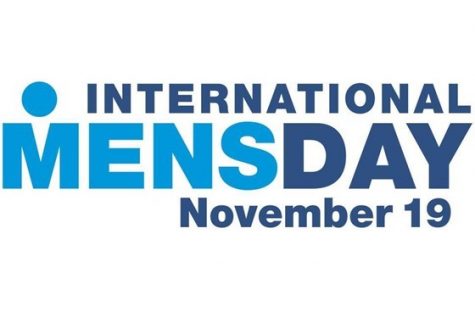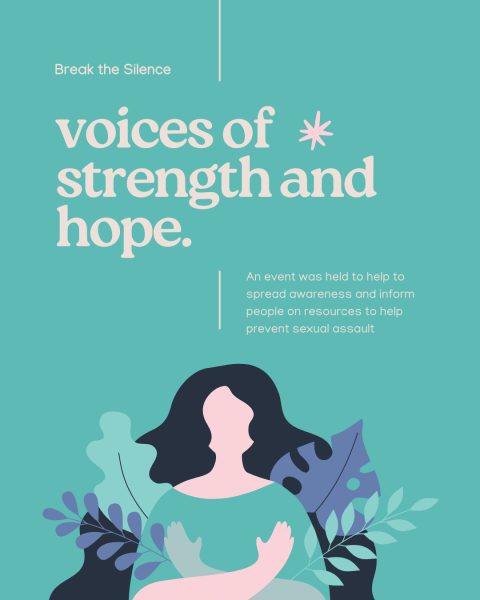California Grants Incarcerated Firefighters Rights
California Governor Gavin Newsom has signed a new bill which would allow incarcerated volunteer firefighters to expunge their criminal records upon release. This bill, sponsored by Assemblywoman Eloise Reyes, aims to correct one of the major criticisms of California’s volunteer firefighter program.
The volunteer firefighter program, run by the California Department of Corrections and Rehabilitation (CDCR), offered non-violent offenders official training, minimal pay and reduced sentences. The program has drawn extreme criticism, as state law previously restricted individuals with a criminal record from gaining official EMT certification. This factor denied these volunteers any access to firefighting positions upon their release. Any entry level firefighting jobs available to released individuals were typically seasonal and did not offer any chance at full-time employment.
This reform marks another step toward addressing the major criticisms leveled at California’s prison system and this specific program. In the past, the CDCR noted that the volunteer program saved the state an estimated $100 million per year. This focus on financial benefits drew criticism from prison reform activists who claim that the mindset incentivizes mass incarceration.
The volunteer program has also earned criticism for coercing inmates into these positions. This criticism drew more attention when the California Attorney General office, run by Senator Kamala Harris, filed a motion to reduce expanded parole programs like the volunteer firefighting program. The motion argued that expanding these programs could “severely impact fire camp participation.”
David Fahti, Director of the American Civil Liberties Union National Prison Project, responded to this statement by discussing the vulnerability of incarcerated laborers. “Prisoners are excluded from the legal protections enjoyed by all other workers,” says Fahti. “They’re not allowed to unionize. They’re not covered by minimum wage laws, and the paltry wages they do earn can be seized by the prison. If they’re injured or killed on the job, they’re not covered by workers’ compensation, and their ability to recover damages in court is severely limited.” These factors, combined with the coercive environment of prisons has further distorted this position into a tool of oppression. Although these volunteer firefighters can now seek employment outside of prison, the battle for their rights is still ongoing.












